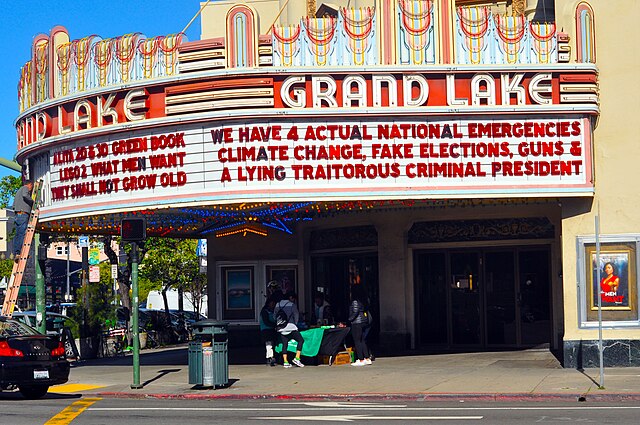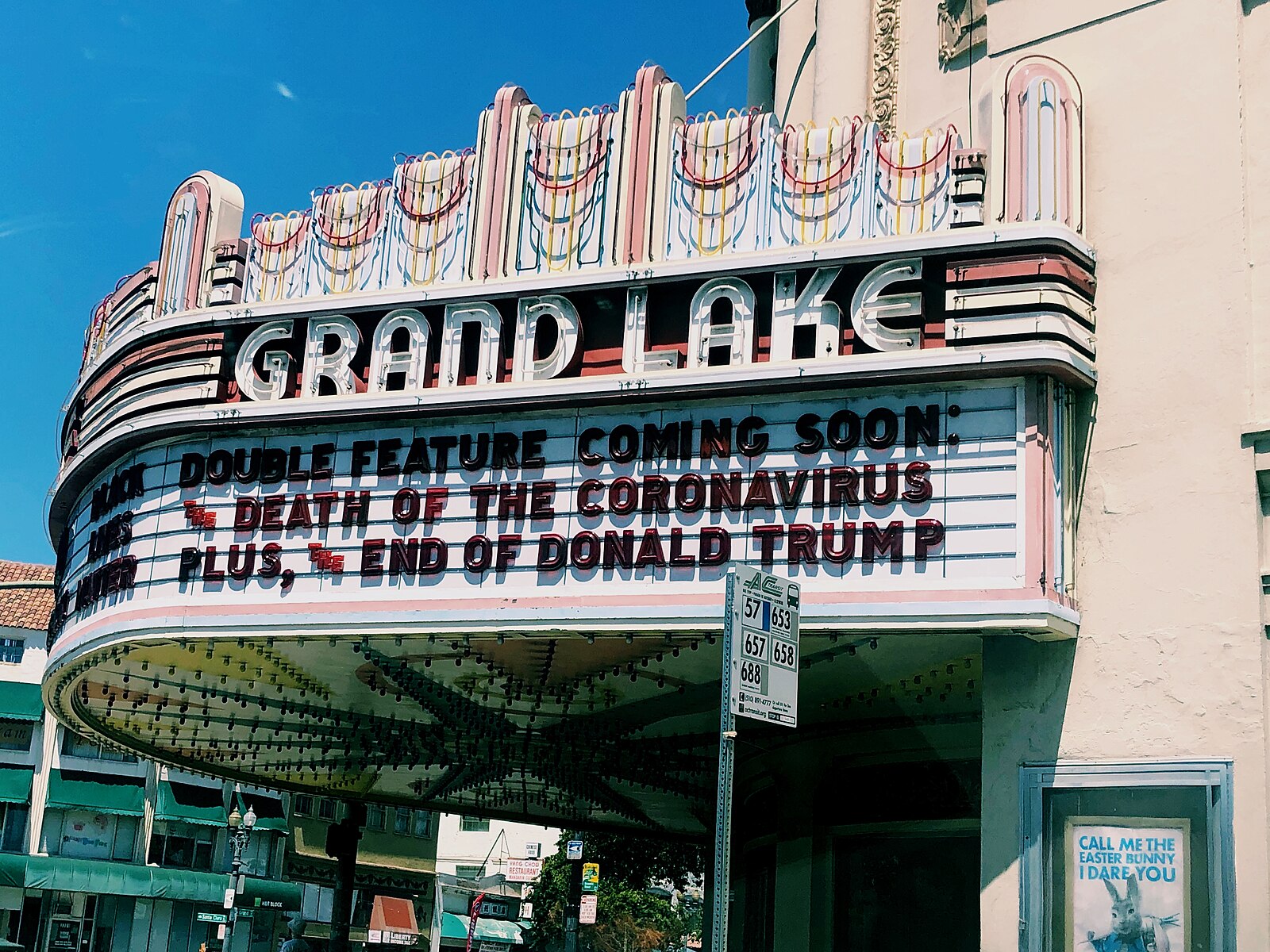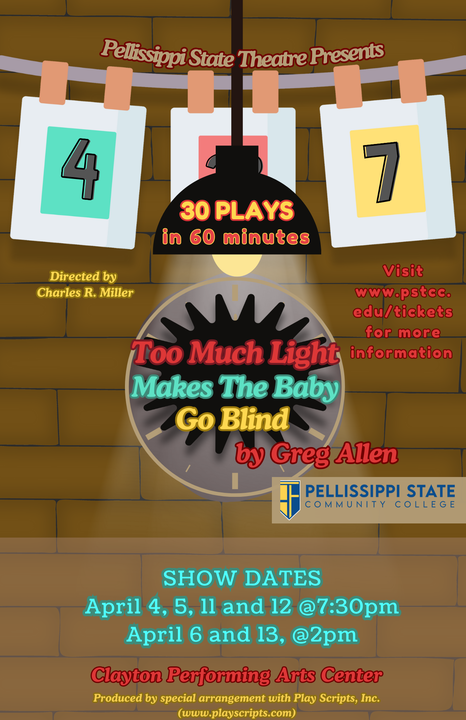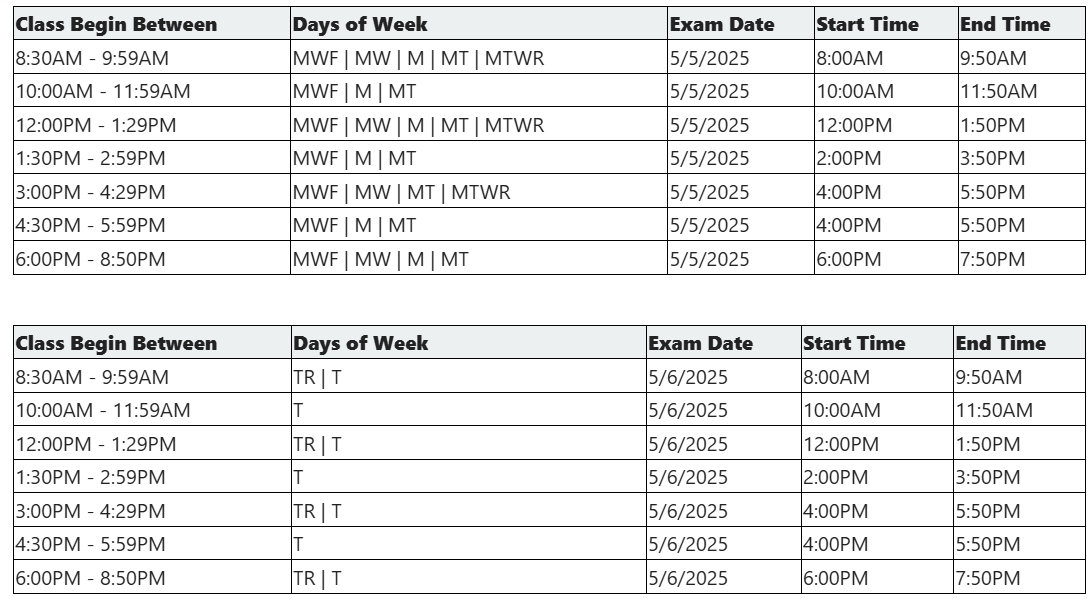By Leyli Izadpanah, Writer

Art has served as a powerful tool in protest movements throughout the years; from Paul Revere’s “Boston Massacre” engraving to Banksy’s street art, self-expression has always been an outlet for critiquing injustice and sparking social change.
The use of theatrical performances to critique political and social issues, otherwise known as protest theatre, is a key part of this history. From spontaneous street performances to issue-driven plays, protest theater challenges norms, pushes boundaries, and demands attention.
Grechen Wingerter, theater professor at Pellissippi State Community College and student of Theatre Arts from the age of 9, will be discussing the particular importance of protest theatre in America’s history in her upcoming lecture, The Revolution Will Not Be Staged. In a recent interview with Professor Wingerter, she explained what led her to choose the topic, saying,
“The title is paraphrased from a song — “The Revolution Will Not Be Televised” by Gil Scott Heron …Theatre, music, [and] art have consistently been at the forefront of protest. The Arts have a way of stirring things up, of bringing people together in times of turmoil, of enacting changes. It’s the type of theatre that inspires me most and is one thing I can do as an artist — use my privilege to lift up the voices of those who are so often silenced and tell their stories and/or give them a platform to tell their own stories. And so, these were the stories I wanted to tell.”
When asked about which genre of protest theater she prefers, Professor Wingerter said she doesn’t have a specific favorite, but instead prefers theater that is both challenging and engaging. She says,
“I have always been drawn to the ‘weird’ stuff like Dadaism, Absurdism, and Existentialism. The Living Theater, [a New York City theater company] started by Julian Beck and Judith Malina in the 1960s is one of my favorites. They were crazy creatives who used theatre to protest against the inhibitions of society — like smoking marijuana, free love, and nudity.”
Professor Wingerter’s lecture will cover the origins of protest theater in America and the different cultures that it was built upon, primarily those from Europe, South America, and South Africa, before diving into the antiwar theater of the 1960’s and 1970’s, an era deeply intertwined with political activism.
. While protest theatre played crucial roles in social change during the Great Depression and Harlem Renaissance in the 1920s and 1930s with the Federal Theatre Project and the American Negro Theatre, the 1960s and 1970s saw groups like The Living Theatre, Mabou Mines, and the San Francisco Mime Troupe push boundaries with experimental works protesting the Vietnam War, civil rights issues, and the general state of political affairs.

Along with the historical usage of theatre as protest, Professor Wingerter will also cover several different forms of modern protest theatre including acts inspired by the Black Lives Matter movement and other current causes. She expresses that theater, like any art, is inherently political, saying:
“Artists in general tend to be on the fringes — the outcasts, the weirdos, the nerds. Theatre artists are no different. We paint, draw, write, act, dance, compose and play music, etc. to express emotion and feeling. To try to make sense of the chaos of the world around us. To help others see that they aren’t alone in this world. To fight for the underdogs. To connect us. To challenge us. To change us. To protect us.”
Protest theater is not merely a form of entertainment. It’s a means of expressing dissent, questioning power structures, and encouraging societal change. It challenges the status quo, often at great personal and political cost to the artists involved, and its impact can be profound, encouraging audiences to think critically about their roles in society, and perhaps even to take action.
For students, attending a lecture exploring the history of protest theater can open up new ways of thinking about theater as an art form and its role in shaping society. The art of theatre can be about much more than performing for an audience, it can also create spaces where ideas can flourish and social change can be fostered. Theatre invites us to reflect on our own humanity and to ask hard questions about the world we live in.
As Professor Wingerter tells her future audience:
“They should come to learn something new about something old — to see theatre is more than sitting in a dark room watching actors pretend to be someone they are not. Theatre can, and does, push boundaries and challenge us to see things from a new perspective, to develop empathy and learn about the world around us.”






